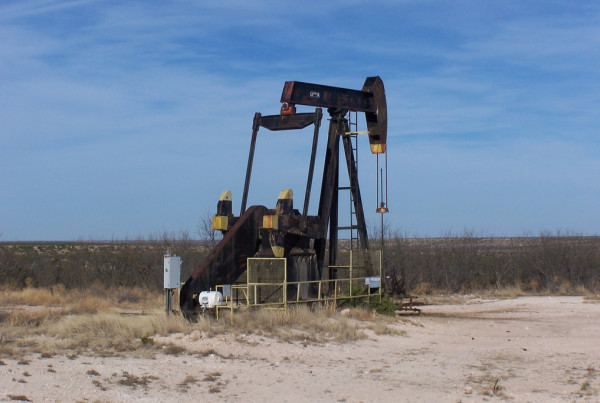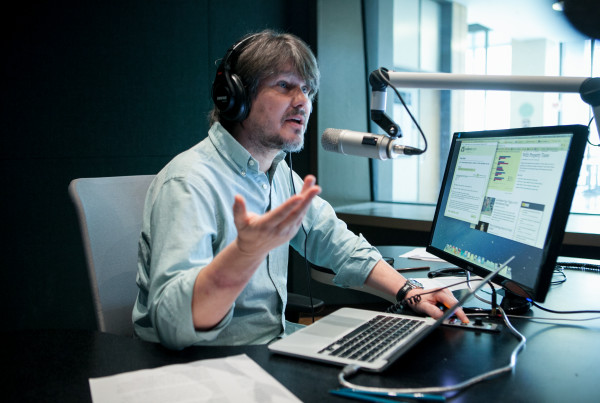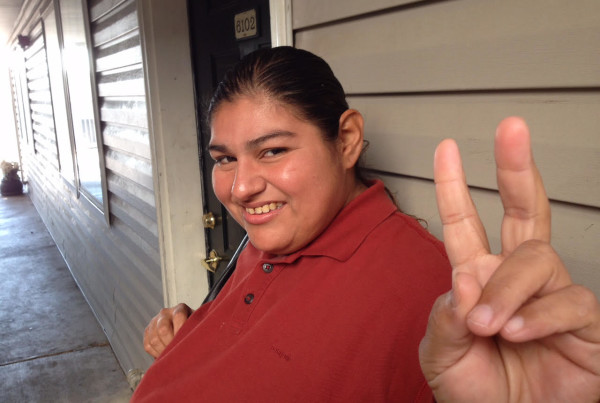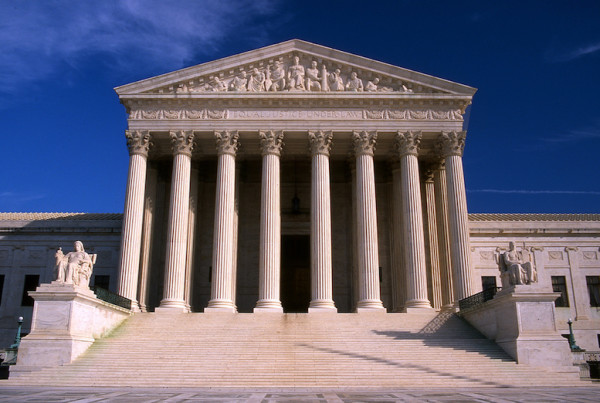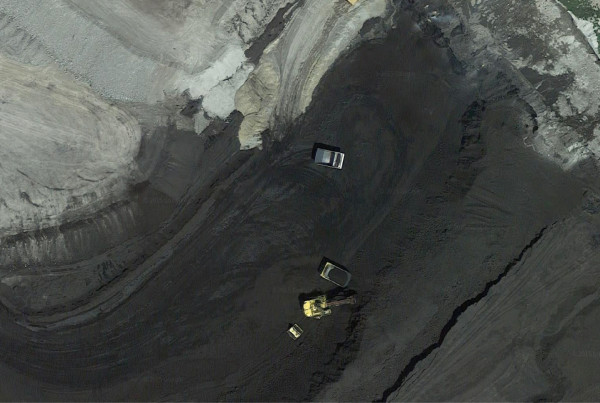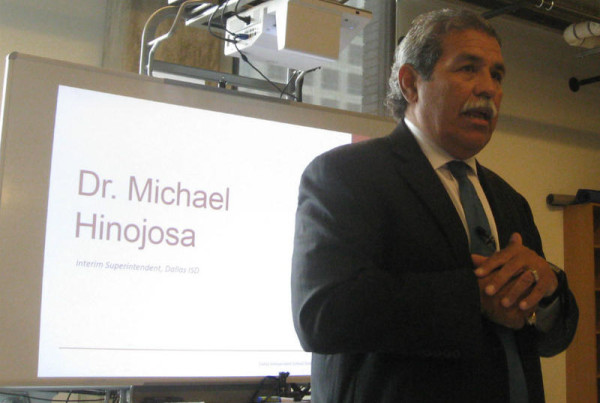Shortly after the independent Texas flag was raised, France became the first nation to recognize the new republic.
The French Legation, a lavish place by the standards of the day, was built in the Texas capitol city with the idea, at least initially, to bring French settlers to Texas.
Even then, the French had a reputation for celebrating liberty and those who sought it. It made a certain sense to form an alliance with the new Republic of Texas.
The diplomatic residence still stands today, as one of the oldest buildings in Austin. Perhaps less well-known is that at 1 Place Vendome – today the Hotel de Vendome in Paris – there’s a plaque marking where the embassy of the Republic of Texas in France once stood. The building is about 15 minutes from some of the terrorist attacks that took place this past Friday.
Political boundaries and definitions come and go, but the spirit of the people remains astonishingly resilient and faithful through the years and miles. So it was that in Paris, on a Friday night, people sang and danced at a concert hall, cheered at a football stadium, and sipped wine and enjoyed each other’s company long past nightfall around sidewalk tables among the soft glow of candles and streetlights. It’s a happiness we know: free of worry, free of fear. Friday, that freedom was disrupted.
At least six sites were targeted by what investigators are saying were three well-organized teams of assailants armed with automatic weapons and explosive devices. A reported 129 people died. Investigators discovered a Syrian passport near one of the attack areas.
The Islamic State, or ISIS, has released a statement claiming responsibility for the attacks. France’s President Francois Hollande declared a state of emergency and closed France’s national borders.
NPR’s David Greene reported this morning that, in the shadow of the attacks, Parisians are going through their daily motions, but now some of those routines are full of fear. Others see it as an act of resistance to grab a drink at the cafés they frequent. They say it takes bravery to go on with their daily life.
Even as Paris grieves, there is no horror so great, no animus so medieval, that it can break that love of freedom which binds us. That freedom is a structure which – like that of the old French Legation’s – still stands. We celebrate it, nevermore so than we do today.
Over the past several months, Texas has become home to hundreds of Syrian refugees. These people fled their homes because of terrible war conditions that made life dangerous, unstable and completely unpredictable – a far cry from the ideals of freedom that both Texas and France uphold today.
After Friday’s attacks, and a report that at least one of the Paris attackers slipped through Europe’s refugee screening system from Syria, many are beginning to wonder if Western countries will continue to be as welcoming.




